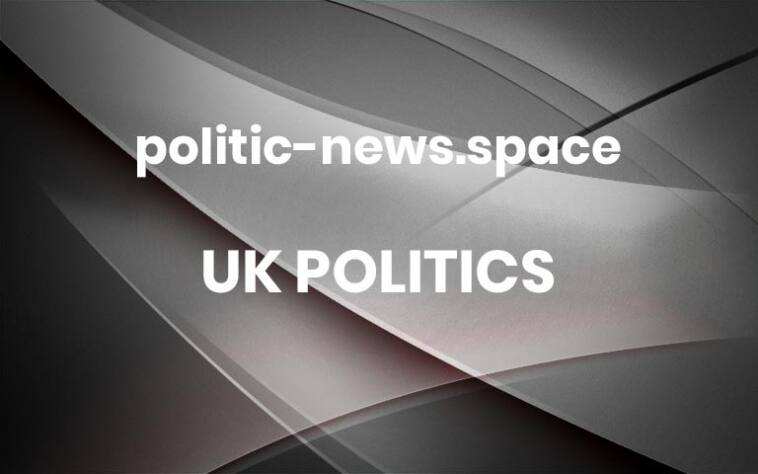Universities failing to take tough action on sexual misconduct should risk losing their official status, ministers have said. Education secretary Nadhim Zahawi and Universities minister Michelle Donelan have told the higher education regulator it should become a sanctionable offence to not follow its recommendations on tackling sexual violence, The Independent can reveal.This could involve a range of penalties, with the worst or repeated breaches potentially resulting in a loss of university status. Last April the regulator, the Office for Students (OfS), set out a list of recommendations aimed at helping universities to prevent and respond to sexual harassment and misconduct on campus. These include introducing sound processes for reporting incidents, support for those involved in investigations and governing bodies making sure approaches to tackling sexual misconduct are “adequate and effective”. At the time, the regulator said it would consider giving these more weight by making them a “condition of registration”.This would give it powers to issue sanctions for breaches but a year later that has yet to be introduced.The OfS recommendations were made in the wake of the Everyone’s Invited campaign, which saw current and former students share thousands of testimonies of abuse. The website, as well as the murder of Sarah Everard, had also sparked campus protests calling for tougher action on sexual violence. Students have told The Independent they felt let down by universities after experiencing sexual assault, saying there had been a lack of support or they were put off reporting in the first place.Jo Grady, the head of the University and College Union, told The Independent there needed to be a “strong stance” from the university regulator to tackle “endemic” sexual violence on campuses.“Although the sector is waking up to the issue, the pace of change remains slow and far too variable in places,” she said.Education ministers say they made clear in a letter published online late March they wanted regulatory powers to cover sexual misconduct policies as soon as possible. “The Office for Students – which regulates universities – has published a statement of expectations on how universities should handle cases sexual harassment and misconduct,” a Department for Education spokesperson told The Independent. “In March the education secretary and Minister Donelan wrote to the OfS making clear his view that this should be made a condition of registration, meaning the regulator would have very real powers to penalise universities which are failing victims of sexual harassment and assault. “In our view, the OfS should include this in a condition of registration as soon as possible.”John Blake, the OfS director for fair access and participation, told The Independent last week: “We are now examining how universities and colleges have responded to the statement of expectations, and this work includes listening to the views of students and students’ unions.“Once this work is complete, we will consider what steps to take next including whether to connect the statement directly to our conditions of registration.”The regulator says universities would likely be given an opportunity to “improve performance” before anything else in the case of breaches.If they fail to do so, they could face further escalating intervention. Among the lighter sanctions are fines, while tougher ones include revoking the use of “university” in its name.“The consequence of this approach is that the OfS would be willing to use its power to deregister a provider that continues to breach conditions, or where an initial breach was judged to be sufficiently serious,” the OfS says online.“Such providers would therefore no longer be able to operate within the regulated higher education sector.”The Independent has approached OfS for comment about the education ministers’ letter. More



